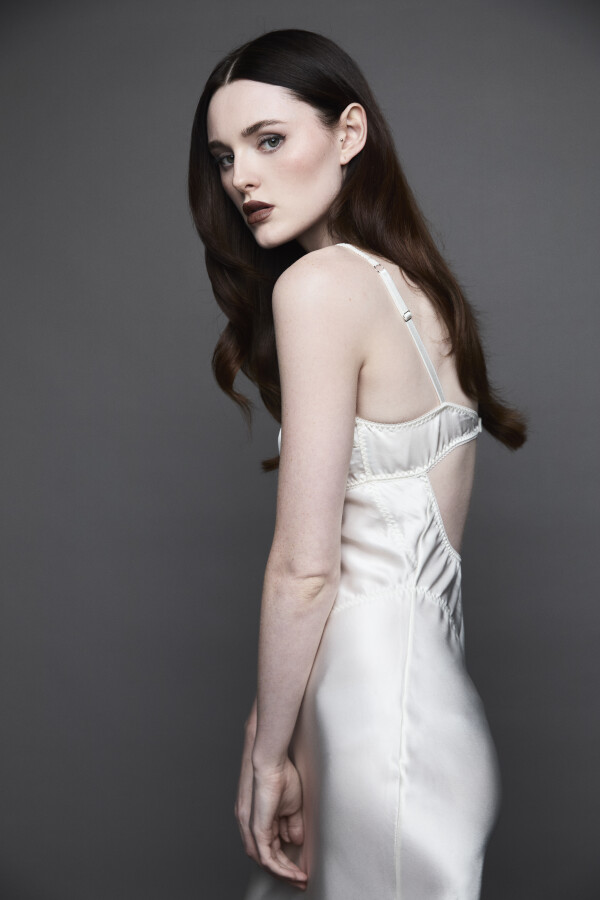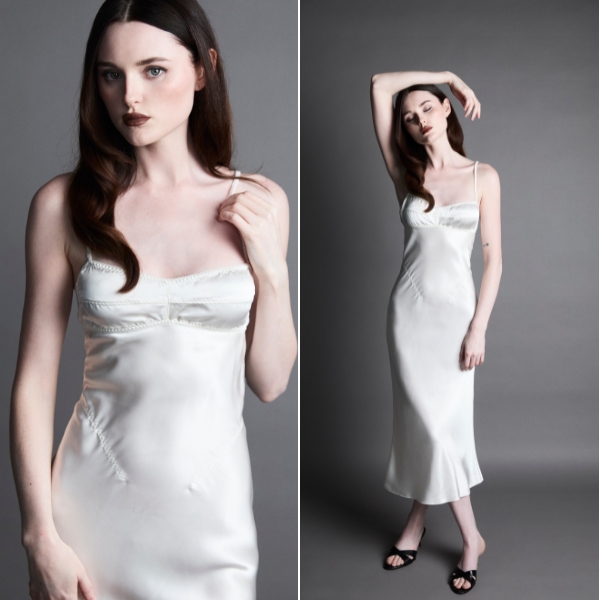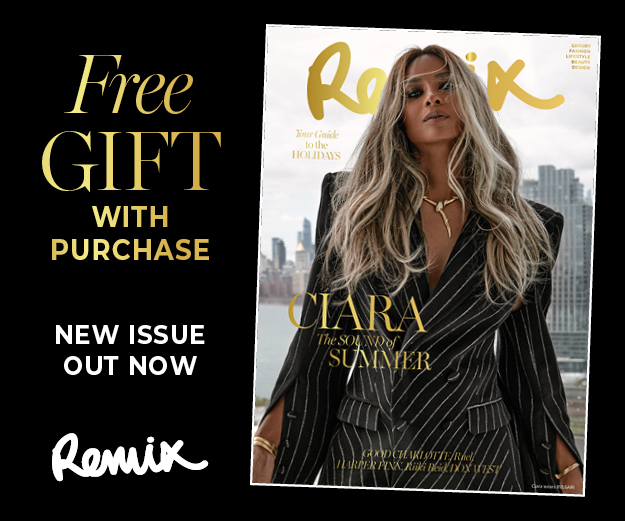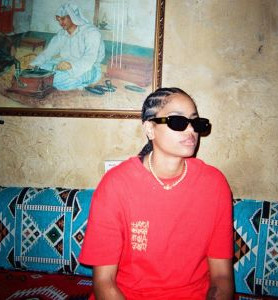Blue Lights’ Katherine Devlin on playing Annie and the realities of policing Belfast
It's hard to pinpoint exactly where our fascination with crime shows began — or why so many of us choose to tune in for the suspense and thrill of a world so far removed from our own. Is it the satisfaction of seeing justice served? The voyeuristic pull of exploring a darker underbelly we rarely witness? Or simply the safe rush of danger from the comfort of our sofas? Whatever the reason, we're a world hooked — and Blue Lights, a gritty, Belfast-based police drama, is the latest series to feed that fascination.
Set against the complex, politically charged backdrop of Northern Ireland's capital, Blue Lights follows a group of rookie officers as they navigate the brutal realities of life on the front line. Now entering its third season — with a fourth already confirmed — the critically acclaimed drama continues to earn rave reviews for its harrowing authenticity, layered storytelling, and deeply human performances.
Ahead of the highly anticipated new release, I caught up with one of its stars, Irish actress Katherine Devlin, who plays Annie — a young recruit learning to balance personal sacrifice with professional duty. From opposite sides of the world, we discussed the allure of police dramas, the importance of female-led storytelling, and what it takes to step inside the psyche of a character living on the edge.
Why do you think people are so drawn to police dramas?
I guess it's not your typical job. It's so physically and mentally demanding. Your average person doesn't deal with the kinds of situations officers experience daily. We had an advisor on set, and he told us that some of the cases responders witness are things humans shouldn't have to see — let alone process and carry on with their day straight after. I think audiences are fascinated by that; it's a window into a world most of us couldn't imagine living in.
Policing is still such a male-dominated profession, and Blue Lights doesn't shy away from showing how difficult it can be for young female officers to be taken seriously — both by the public and within the force. What struck you most about the realities women in the job face?
That's one of the things Blue Lights does so well — it's not afraid to ask bigger questions or expose uncomfortable truths. The show doesn't sugarcoat misogyny or try to hide the bad eggs that exist within the force. We're all aware of situations that have occurred within the PSNI (Police Service of Northern Ireland) and the wider UK police, so it feels important, now more than ever, to tell those stories honestly. Having female-led dramas is vital. That's what drives me as an actor — seeing what women have to, and want to, say. Blue Lights puts these strong, intelligent women front and centre, which feels not only refreshing but real.
Going back to the beginning, how did you prepare for such a complex character?
There's a lot of preparation that goes into each season. We're lucky to have direct contact with our writers — we can ring Declan Lawn and chat about where the characters are heading and what themes they're exploring. We also have a police advisor on set every day who helps us get the details right, even down to how we hold props, which, I'll admit, I'm woeful at, to be honest! Mentally, I take time to reconnect with who Annie is and what she's going through. It's about getting back into her rhythm and understanding what she's trying to say this season. It's been such an honour to grow with her and flesh her out as a fully realised person, even down to subtle things like her mannerisms and the way she walks. 
Even with that preparation, do you feel you've only scratched the surface of what policing in Belfast is really like?
Oh, absolutely. What we portray is just a glimpse of reality. The show highlights the unique challenges faced by Catholic officers and the enormous sacrifices they make. I think Blue Lights gives people a starting point — a reason to do their own research and understand Northern Ireland's complex history. It's all there if you look. Even a quick Google search can help you grasp why mistrust still exists in certain communities toward the RUC (Royal Ulster Constabulary) and PSNI. I think that's what great television does: it sparks curiosity and conversation.
You've lived with Annie for three seasons now — have any of her traits rubbed off on you along the way?Great question. I have one hundred per cent taken on some of Annie's resilience, especially after this season. I mean, she's so tough as an individual, and at times, quite scary in a way, but at the same time, she's so sensitive. She's got a really good judgment of people as well. What I love about Blue Lights is that it doesn't categorise people as good or bad—it shows the different shades of people's characters. I think that's what really draws watchers in. I mean, it draws me in when I read the scripts, as I never know what to expect. It keeps you on your toes for sure.
In Season 3, how does Annie's relationship with her mother evolve?
Her mum's health really deteriorates this season, and Annie has to navigate trauma both at work and at home. There's also this heavy guilt she carries — she knows her career has caused her mum a lot of anxiety and worry. It was tough to film because I had to tap into that emotional weight and explore the psychological impact it has on Annie. I had to really look after myself throughout the process — lots of hot water bottles and comfy PJs!
Blue Lights tackles everything from drug rings to white-collar crime. How did Season 3 challenge you compared to previous seasons?
I was thinking about that recently because I've just started watching Season 3 myself. It's astonishing how many storylines are interwoven this time. Declan's writing is incredible — but it meant I had to dig deeper than ever before to give an authentic performance. With such heavy material, you have to trust the work you've done, honour the research, and then let go. A lot of the time the best performances come from being completely in the moment.
Looking ahead, what kinds of stories or roles are you most excited to explore next?
I've always loved psychological thrillers and cult horror films — Black Swan is a big one for me. I'm drawn to darker, more gothic themes, so working with A24 would be a dream!
Blue Lights is available to watch on ThreeNow.
Image credits:
Photographer: David Reiss
Styling: Kirsty Stewart
Makeup: Brooke Simons at Caren using Charlotte Tilbury
Hair: Sophie Sugarman




